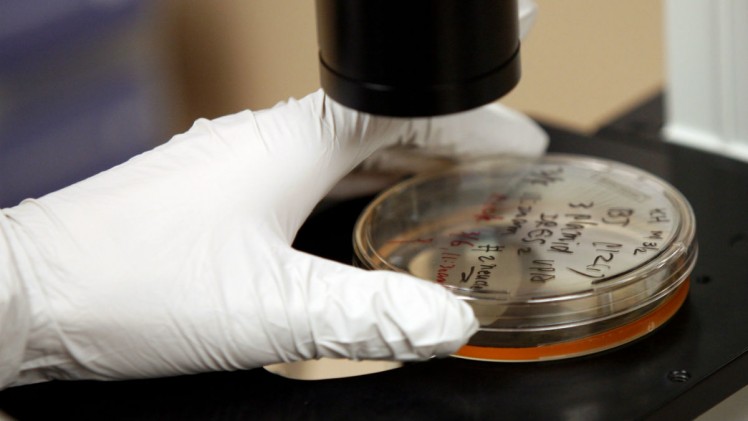-
Tips for becoming a good boxer - November 6, 2020
-
7 expert tips for making your hens night a memorable one - November 6, 2020
-
5 reasons to host your Christmas party on a cruise boat - November 6, 2020
-
What to do when you’re charged with a crime - November 6, 2020
-
Should you get one or multiple dogs? Here’s all you need to know - November 3, 2020
-
A Guide: How to Build Your Very Own Magic Mirror - February 14, 2019
-
Our Top Inspirational Baseball Stars - November 24, 2018
-
Five Tech Tools That Will Help You Turn Your Blog into a Business - November 24, 2018
-
How to Indulge on Vacation without Expanding Your Waist - November 9, 2018
-
5 Strategies for Businesses to Appeal to Today’s Increasingly Mobile-Crazed Customers - November 9, 2018
UK Approves Human Embryo DNA Modifying Experiment
Dr Calum MacKellar, Director of Research of the Scottish Council on Human Bioethics recently criticised the possibility of genetic modification: “Allowing the gene editing of embryos opens the road to genetically modifying all the descendants of a person as well as full blown eugenics which was condemned by all civilised societies after the Second World War”.
Advertisement
Dr Kathy Niakin applied for permission to begin this research through the Human Fertilisation and Embryology Authority (HFEA).
Much of Dr Niakan’s application was dedicated to addressing the ethical issues surrounding the editing of human embryos.
Britain’s fertility regulator has approved a scientist’s application to edit the genetic code in human embroys.
She plans to find the genes at play in the first few days of fertilisation when an embryo develops a coating of cells that later become the placenta.
IVF, during which fertilization takes place outside the body, has relatively low success rates.
Donated by couples with a surplus after IVF treatment, the embryos would be used for basic research only.
Crispr-Cas9 is an immensely powerful technique invented three years ago which allows DNA to be “cut and pasted” using molecular “scissors”.
By looking at the embryos during this extremely early stage scientists are hoping to get a better understanding of why miscarriages happen and what causes them in the first place.
It could lead to huge leaps forward in science and medicine but critics have warned that the pace of change is too fast. There is also the risk of passing genetic “mistakes” on to future generations.
“These mechanisms are crucial in ensuring healthy normal development and implantation, and when they go wrong might result in failure to implant or miscarriage”.
Advertisement
While the move is a first for the UK, Chinese researchers have already attempted to modify genes in human embryos, with a view to ultimately being able to fix faulty genes responsible for the development of inherited illnesses such as muscular dystrophy. They fear that a public backlash could derail less controversial uses of genome editing, which could lead to radical new treatments for disease.





























